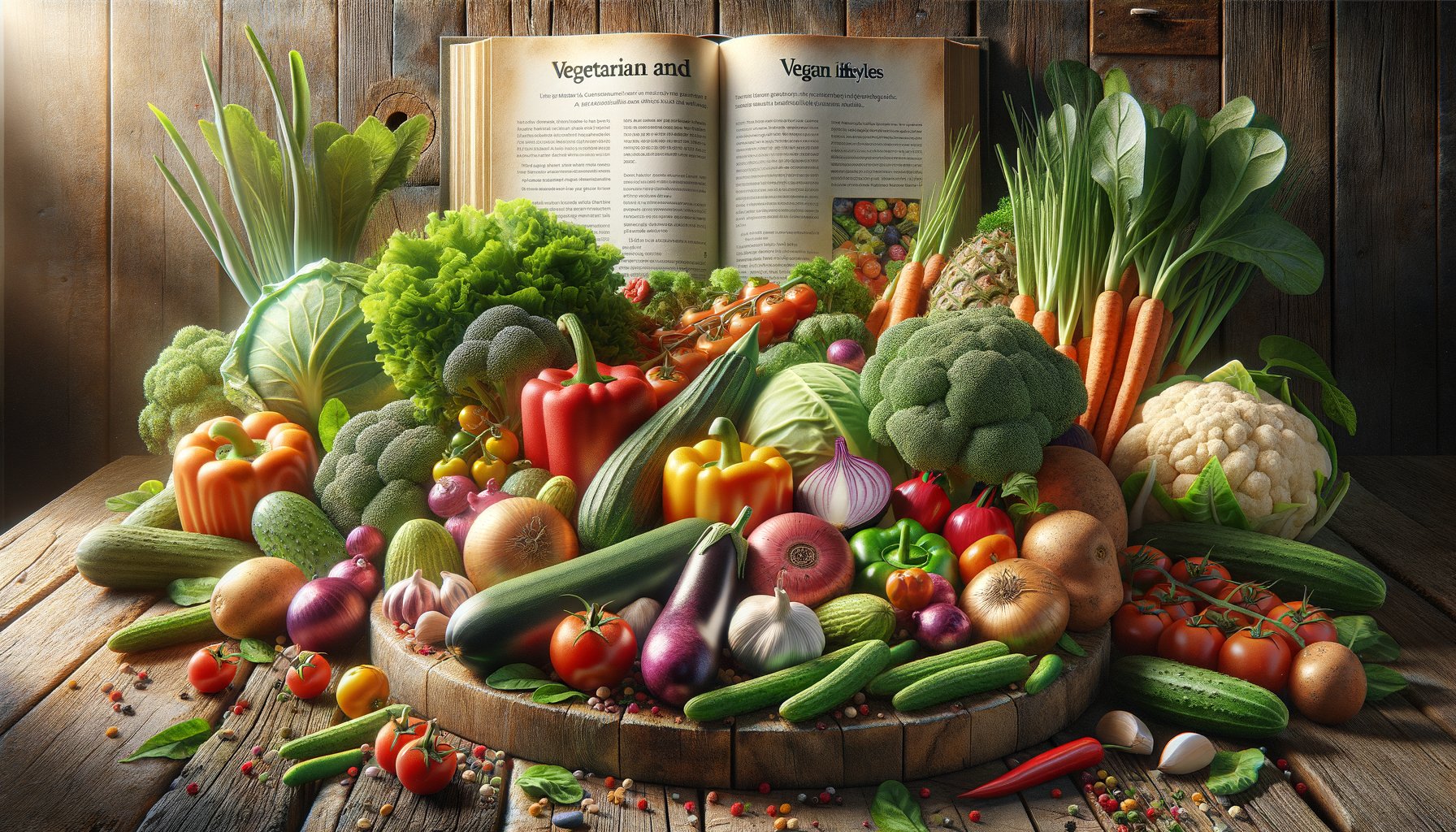Physical Address
304 North Cardinal St.
Dorchester Center, MA 02124
Physical Address
304 North Cardinal St.
Dorchester Center, MA 02124

For many, the choice to adopt a vegetarian or vegan lifestyle goes far beyond the dinner table. It’s a decision that permeates every aspect of their lives, impacting not only what they eat but also what they wear, how they live, and even how they think about the world around them. This comprehensive guide aims to shed light on these fascinating lifestyles, providing insights into their benefits, challenges, and practical aspects.
A vegetarian diet excludes meat, poultry, game, fish and slaughter by-products. Some vegetarians may also avoid animal-derived products like gelatine and rennet. There are several types of vegetarians including lacto-ovo vegetarians (who consume dairy and eggs) and pescatarians (who include fish in their diet).
Vegans take this a step further by excluding all animal products from their diets. This includes not just meat but also dairy products, eggs and honey. Many vegans extend this philosophy beyond their diets as well; avoiding clothing made from wool or leather, for instance.
Research has shown that both vegetarianism and veganism can offer significant health benefits when followed correctly. These diets tend to be lower in saturated fat and cholesterol due to the absence of animal products. They are often higher in fibre too which aids digestion.
Studies have linked vegetarian diets with lower risks of heart disease, high blood pressure, type 2 diabetes, obesity and certain types of cancer. Vegans may enjoy additional benefits due to their exclusion of dairy products which can contribute to conditions like osteoporosis.
While there are many health benefits associated with vegetarianism and veganism, it’s important to ensure that these diets are balanced and nutritionally complete. Certain nutrients that are primarily found in animal products can be harder to obtain from a plant-based diet, including protein, iron, calcium, zinc and vitamin B12.
However, with careful planning and knowledge of nutrient-rich plant foods, it’s entirely possible to meet these needs on a vegetarian or vegan diet. For instance, legumes and whole grains are excellent sources of protein; dark green leafy vegetables provide ample calcium; and fortified foods or supplements can help with vitamin B12 intake.
Beyond personal health benefits, vegetarianism and veganism also have profound implications for our planet. Animal agriculture is a major contributor to greenhouse gas emissions, deforestation and water pollution. By choosing plant-based diets, we can significantly reduce our environmental footprint.
While the benefits are clear, adopting a vegetarian or vegan lifestyle isn’t without its challenges. These may include dealing with social pressures, finding suitable food options while eating out or travelling, ensuring nutritional adequacy and overcoming cravings for animal products.
However, with the increasing availability of vegetarian and vegan products in supermarkets and restaurants around the world – not to mention countless online resources offering advice and support – these challenges are becoming easier to navigate than ever before.
If you’re considering adopting a vegetarian or vegan lifestyle but aren’t sure where to start, remember that every change counts. You don’t need to make the transition overnight; instead try gradually incorporating more plant-based meals into your diet.
You might also find it helpful to connect with local vegetarian or vegan communities for support and inspiration. And remember: this is about making positive changes that align with your values – there’s no such thing as perfection in this journey.
Whether for health, environmental or ethical reasons, adopting a vegetarian or vegan lifestyle can be a rewarding and transformative experience. It’s about more than just what you eat; it’s a way of living that reflects a deep respect for animals, the environment and your own well-being.